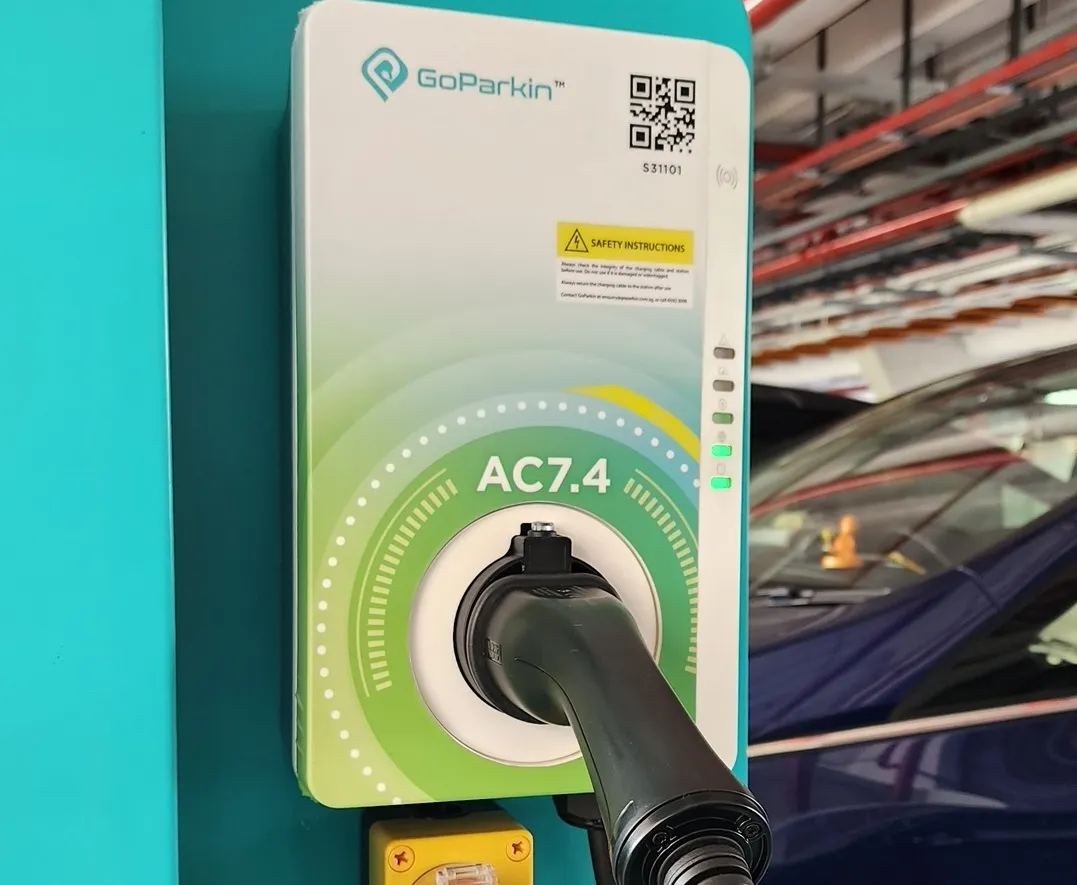A smart bus parking system has been implemented by local company Eaglevision at the Woodlands Temporary Bus Interchange in Singapore, utilising the Sensit smart parking platform developed Dutch parking technology company Nedap.
Sensit IR sensors and Sensit Flush Mount sensors, which detect the vehicle occupancy status and duration of parking, have been installed in individual parking spaces, connected to an electronic information display, to guide bus drivers to the nearest available parking bay.
March 3, 2017
Read time: 1 min
A smart bus parking system has been implemented by local company Eaglevision at the Woodlands Temporary Bus Interchange in Singapore, utilising the Sensit smart parking platform developed Dutch parking technology company 3838 Nedap.
Sensit IR sensors and Sensit Flush Mount sensors, which detect the vehicle occupancy status and duration of parking, have been installed in individual parking spaces, connected to an electronic information display, to guide bus drivers to the nearest available parking bay.
Sensit IR sensors and Sensit Flush Mount sensors, which detect the vehicle occupancy status and duration of parking, have been installed in individual parking spaces, connected to an electronic information display, to guide bus drivers to the nearest available parking bay.









